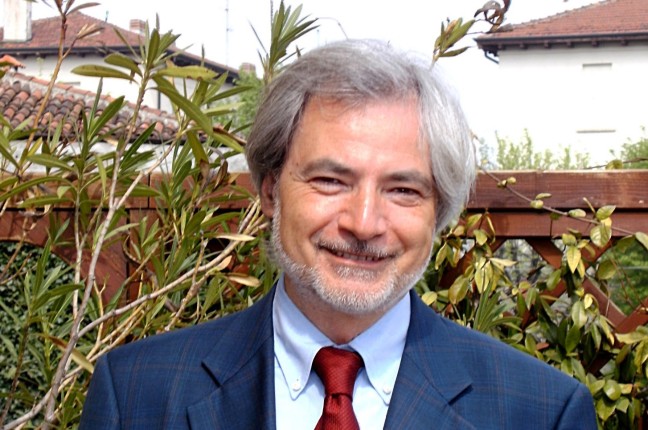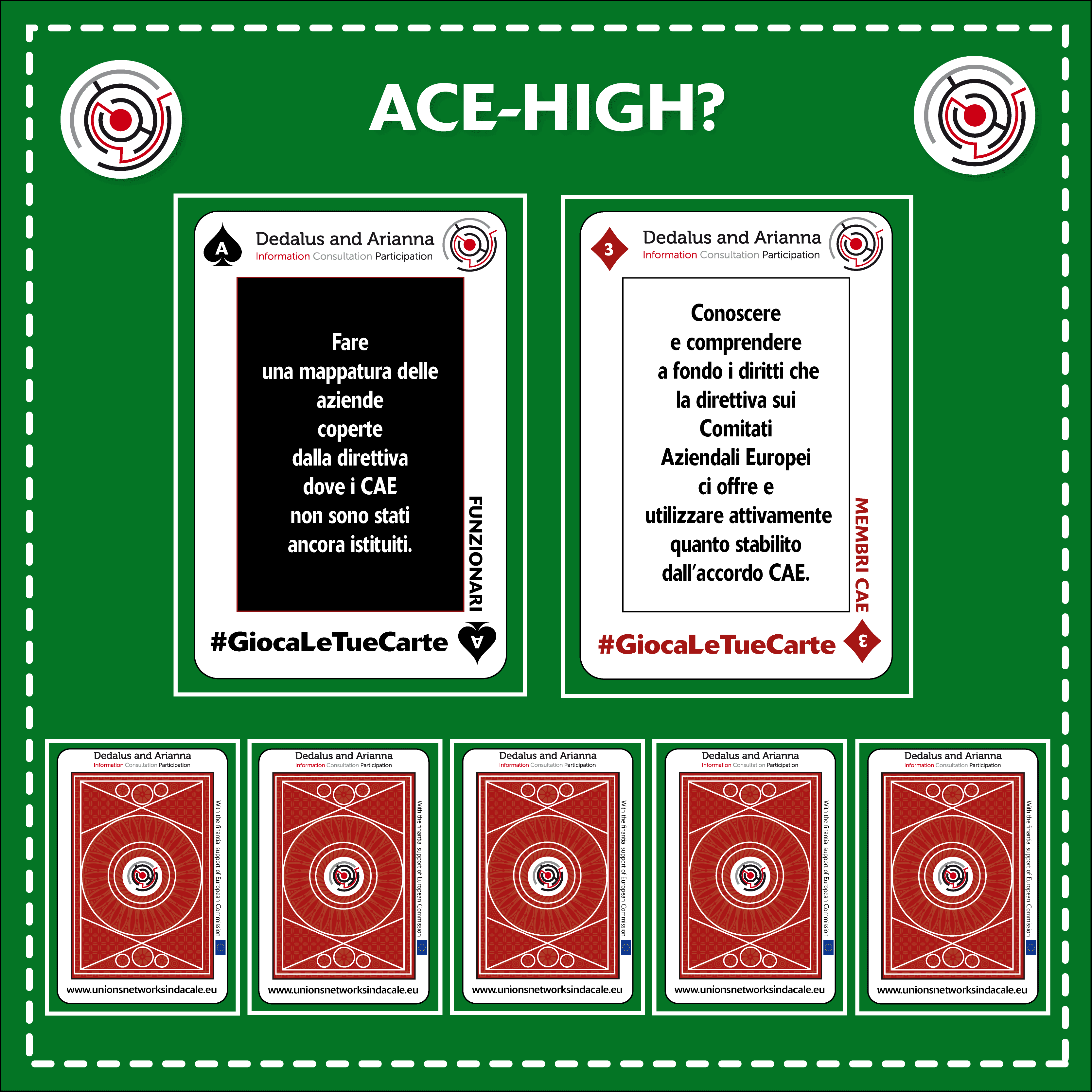

It was 1995 when Mario Ongaro started working on a project to establish EWCs in large groups from the banking sector. In just three years, engaged unionists embarked on joint efforts to expand the presence of European Works Councils and have them established at all banks with an international profile that meet the requirements of the directive. Many things have changed since that time, but the interest taken by Ongaro in EWCs remains the same. He is currently working on the programme entitled “European Works Councils in the financial sector. Promoting employee participation and anticipating changes.”
What do you mean by anticipating changes?
It’s a concept embraced by the European Social Agenda of 2007 which provides that given the context where frequent restructuring processes within organisations have substantial impact on the employment level, we should know how to identify market trends much in advance. What we need are investments in retraining; we must provide workers with a number of tools that would help them cope with such changes to protect productivity and jobs. In this sense, no-nonsense and seriously motivated EWCs that know how to effectively manage their right to information and consulting are poised to play the pivotal role and become a change-anticipating measure.
What do you think about the possibility of vesting competencies to conduct negotiations in EWCs?
I think that EWCs cannot and should not have them. Transnational collective bargaining covers whole sectors and I believe that such negotiations should be led on the level of European federations. They should fulfil this essential political role and contribute to such processes. On the other hand, I also believe that EWC delegates are our invaluable assets and that we need to appreciate them through greater commitment. A truly effective European trade union movement should leverage their competencies and perceive council members as active contributors to execution of its own strategy.
How can EWC initiatives bring about positive deliverables from the standpoint of the national trade union dynamics?
To put it simply, when EWCs deliver tasks they were appointed for. EWC members must collect information and share it with unionist. This will enable us to identify national strategies for trade unions as without them unions are unable to undertake measures that address international aspects of operations of multinational companies. Naturally, dialogue and support must be mutual. CGIL is responsible for maintaining the interest in EWC’s efforts and issues they are competent for across all levels of their respective organisations. Unfortunately, despite efforts undertaken in recent years, we managed to do very little and there was little continuity. We must implement decisions while following through in line with our guidelines, investing more resources in EWCs and everything that is relevant to transnational industrial relations.
This project has been funded with support from the European Commission. This publication reflects the views only of the author, and the Commission cannot be held responsible for any use which may be made of the information contained therein.
Downloads
- REPORT FINALE ICARUS (261.1 KiB, 1,769 hits)
 Coorindamento per andare oltre la direttiva
Coorindamento per andare oltre la direttiva
Date: Wed Sep 30 13:31 A cosa servono i CAE
A cosa servono i CAE
Date: Wed Sep 30 13:28 Statistiche sui CAE
Statistiche sui CAE
Date: Wed Sep 30 13:20
-

-

ANTONIO ZAGARI – EWC SUEZ, FIOM CGIL, MILAN
12 September 2016 By Dedalus -

MARIO ONGARO – THE COORDINATOR OF FISAC CGIL INTERNATIONAL DEPARTMENT
12 September 2016 By Dedalus
-

José Manuel López Viñolo, EWC Saica Pack, CCOO de Catalunya
16 February 2016 By Dedalus -

-

Andrea Capelli – Solvay EWC, Filctem Cgil, Milan
12 July 2016 By Dedalus
-

GIULIO REGENI – UNDERSTANDING THE EGYPTIAN DEMOCRATIC WORKERS MOVEMENT
12 September 2016 By Dedalus -

Sonia Cattaneo – EWC Air Liquide, FEMCA CISL Milan
15 February 2016 By Dedalus -

Juan Ramón Amorós, EWC Boehringer-Ingelheim, CCOO
16 February 2016 By CCOO de Catalunya

Sito web a cura del Dipartimento Internazionale di CGIL Lombardia: internazionale@cgil.lombardia.it (Responsabile Fabio Ghelfi).



Leave a reply